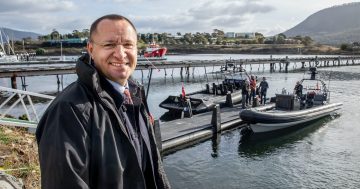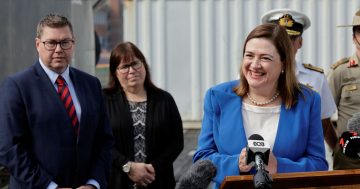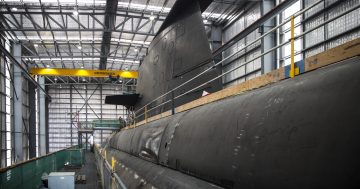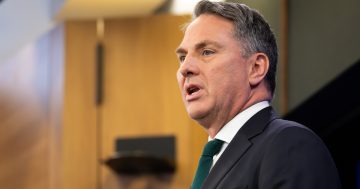NIGERIA
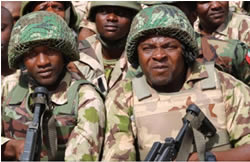 A new book has placed the blame for the lack of an efficient Nigerian Public Service squarely on the country’s military, which has intervened in the Government on two occasions since independence.
A new book has placed the blame for the lack of an efficient Nigerian Public Service squarely on the country’s military, which has intervened in the Government on two occasions since independence.
In her book, The Nigeria Civil Service and Service Delivery, former Head of Service in Imo State, Ijeoma Umez Eronini attempts to identify problems in the Service and how the system can be revamped.
Mrs Eronini said the Public Service was very effective at the time of independence, but was tarnished by military intervention in the Government, first between 1966 and 1979, and then between 1984 and 1999.
She said the military was responsible for the country’s inability “to rise above mediocrity and deliver cutting-edge service”.
“The military destroyed the capability, professionalism and integrity of a Civil Service bequeathed to the nation by British colonial masters,” Mrs Eronini said.
The former bureaucrat, who was also a Commissioner at the Federal Civil Service Commission after retirement, said the entire Public Service structure needed an overhaul “to restore it to the effective organ of Government it used to be”.
Meanwhile, a former Managing Director of Access Bank, Aigbojie Aig-Imoukhuede has blamed the country’s dysfunctional system on the disconnect between policymakers and progressive policy implementation.
He said without capable people in positions of leadership, Nigeria would not overcome the many challenges that constrained the nation’s development.
Mr Aig-Imoukhuede’s address to the University of Benin’s 48th Founder’s Day lecture was titled “It’s all about the human capital … stupid”.
He said the ranking by the UN Development Program’s Human Development Index of Nigeria in 159th position on global living standards and dignity of people was too profound to ignore.
“The Civil Service remains the pivot of reforms that are required to drive development and growth in Nigeria,” Mr Aig-Imoukhuede said.
“It is a simple reality that without capable people in positions of leadership, we will not overcome the many challenges that constrain Nigeria’s development.”
He challenged tertiary institutions in the country to produce a talent pool, capable of making Nigeria globally competitive and relevant to industry.
Abuja, 28 November 2018




